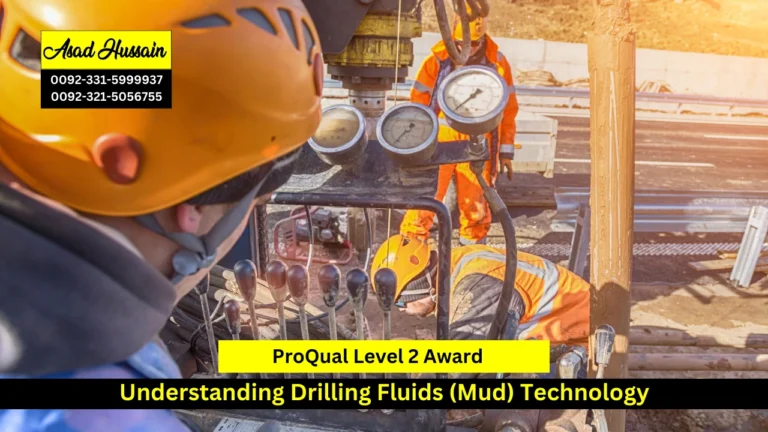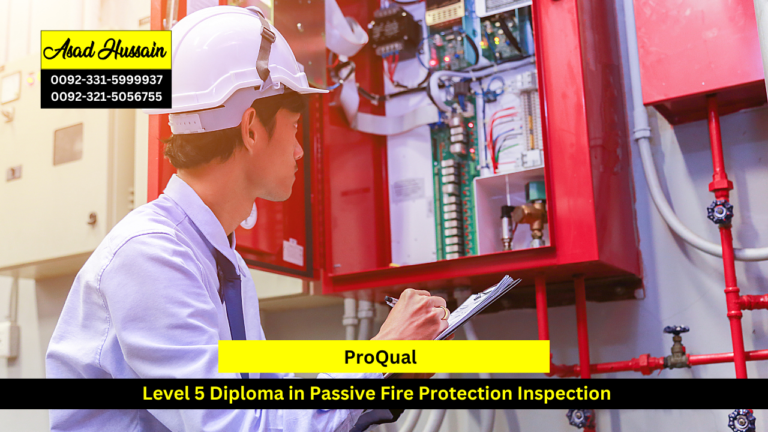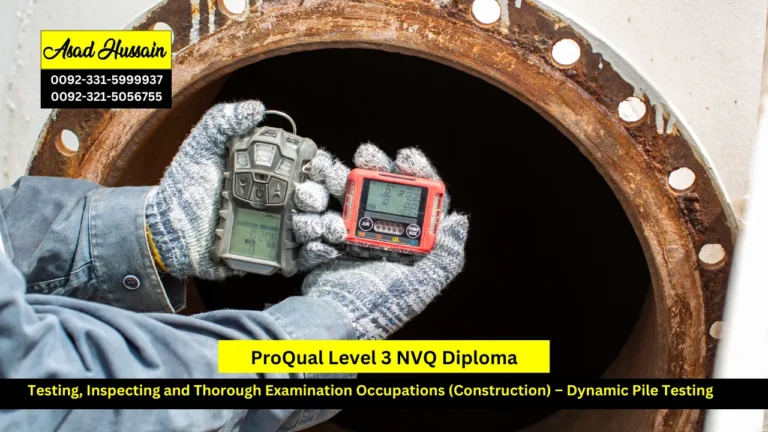Welcome to the ProQual Level 6 Diploma in Environmental and Sustainability Management, a comprehensive programme designed for professionals seeking to advance their expertise in strategic environmental stewardship. This course is meticulously structured to bridge the gap between theoretical knowledge and practical application, equipping you with the advanced skills necessary to drive meaningful change within your organisation. You will explore the core principles of environmental systems, legislation, and global sustainability challenges, establishing a solid foundation for the specialised modules that follow.
Building upon this foundation, the curriculum delves into sophisticated management strategies, including environmental impact assessment, resource efficiency, circular economy models, and corporate social responsibility. The focus is on developing robust management systems and leadership capabilities to not only ensure compliance but to foster innovation and sustainable competitive advantage. This diploma is ideal for those aiming to implement and oversee effective sustainability initiatives, preparing you to manage complex projects and lead teams towards achieving tangible environmental objectives.
The ProQual Level 6 Diploma in Environmental and Sustainability Management ultimately empowers you to become a strategic leader in this critical field. Upon successful completion, you will possess a respected credential that validates your advanced competency, enhancing your professional standing and opening doors to senior roles dedicated to shaping a sustainable future. This course represents a significant commitment to professional development, positioning you at the forefront of environmental and sustainability management practice.
Program Highlights
Study Units
- Principles of Environmental Sustainability
- Environmental Policy, Law and International Regulations
- Environmental Impact Assessment & Corporate Sustainability and Responsibility
- Energy Management and Efficiency
- Waste Management and Pollution Control
- Environmental Risk and Crisis Management
- Innovation and Technology for Sustainability Reporting and Performance Measurement
Entry Requirements
To ensure all participants are prepared for the demands of this advanced diploma, the following entry requirements must be met:
- Age and Educational Background: Applicants must be at least 19 years of age. They should hold a relevant Level 5 certificate or diploma (such as those in Environmental Management, Business Management, or Engineering) or an equivalent qualification. Alternatively, a degree in a related scientific, technical, or management field will be accepted.
- Language Proficiency: As the course is delivered and assessed in English, candidates must demonstrate proficiency. This can be through previous study conducted in English or a recognised English language test score (e.g., IELTS 6.0 or equivalent).
- Professional Experience: Significant prior experience in an environmental, sustainability, or related operational management role is essential. We typically expect candidates to have at least two years of relevant work experience to contextualise the advanced learning.
Meeting these criteria ensures a cohesive and impactful learning experience, where participants can fully engage with the strategic content and contribute meaningfully to peer discussions.
Learning Outcomes
Principles of Environmental Sustainability
- Understand the fundamental concepts of environmental sustainability and its importance in modern society.
- Analyse the interconnection between economic development, environmental protection, and social equity.
- Evaluate global and local sustainability challenges and propose strategies for sustainable development.
- Develop methods to promote sustainable practices within organisations and communities.
Environmental Policy, Law and International Regulations
- Gain an in-depth understanding of key environmental laws, regulations, and policies in the UK and internationally.
- Interpret and apply legal frameworks to ensure organisational compliance with environmental requirements.
- Analyse the role of international agreements and organisations in driving global environmental sustainability.
- Design policies that integrate regulatory standards into organisational practices.
Environmental Impact Assessment & Corporate Sustainability and Responsibility
- Conduct environmental impact assessments (EIAs) to identify, predict, and mitigate the environmental consequences of projects.
- Evaluate corporate sustainability strategies to align business objectives with environmental and social responsibility.
- Understand the principles of stakeholder engagement and communication in the context of corporate responsibility.
- Develop frameworks for monitoring, reporting, and improving sustainability performance within organisations.
Energy Management and Efficiency
- Examine energy use patterns and identify opportunities for improved efficiency and reduced consumption.
- Evaluate renewable energy technologies and their integration into business operations.
- Develop and implement energy management systems that meet regulatory and operational requirements.
- Monitor and measure energy performance to optimise efficiency and support sustainability goals.
Waste Management and Pollution Control
- Understand the principles of waste management, including reduction, reuse, and recycling practices.
- Analyse pollution sources and develop strategies for prevention and control.
- Design and implement waste management plans that align with legal and sustainability standards.
- Evaluate the impact of waste and pollution on the environment and propose mitigation measures.
Environmental Risk and Crisis Management
- Identify and assess environmental risks associated with organisational activities.
- Develop crisis management plans to respond effectively to environmental incidents.
- Analyse the role of risk communication in managing environmental crises.
- Implement proactive strategies to minimise risks and enhance organisational resilience.
Innovation and Technology for Sustainability Reporting and Performance Measurement
- Explore emerging technologies and innovative approaches to support sustainability initiatives.
- Develop systems for tracking and reporting sustainability performance metrics.
- Analyse the role of technology in improving transparency and accountability in sustainability reporting.
- Implement performance measurement tools to drive continuous improvement in environmental practices.
Target Audience
The ProQual Level 6 Diploma in Environmental and Sustainability Management is designed for experienced practitioners and aspiring leaders who are responsible for shaping and implementing environmental strategy within their organisations. This advanced programme is particularly suited for:
- Environmental Managers and Consultants seeking to formalise their expertise and gain a recognised qualification in strategic management.
- Senior Operations and Facilities Managers who have significant environmental responsibilities and need to integrate sustainability into core business functions.
- Corporate Social Responsibility (CSR) and Sustainability Officers aiming to deepen their technical knowledge and enhance their strategic impact.
- Quality and Health & Safety Professionals expanding their remit to include the management of integrated environmental management systems.
- Career-changers with relevant scientific or engineering backgrounds moving into dedicated environmental and sustainability leadership roles.
This diploma is the definitive next step for professionals committed to driving environmental performance and leading sustainable transformation at an organisational level.







